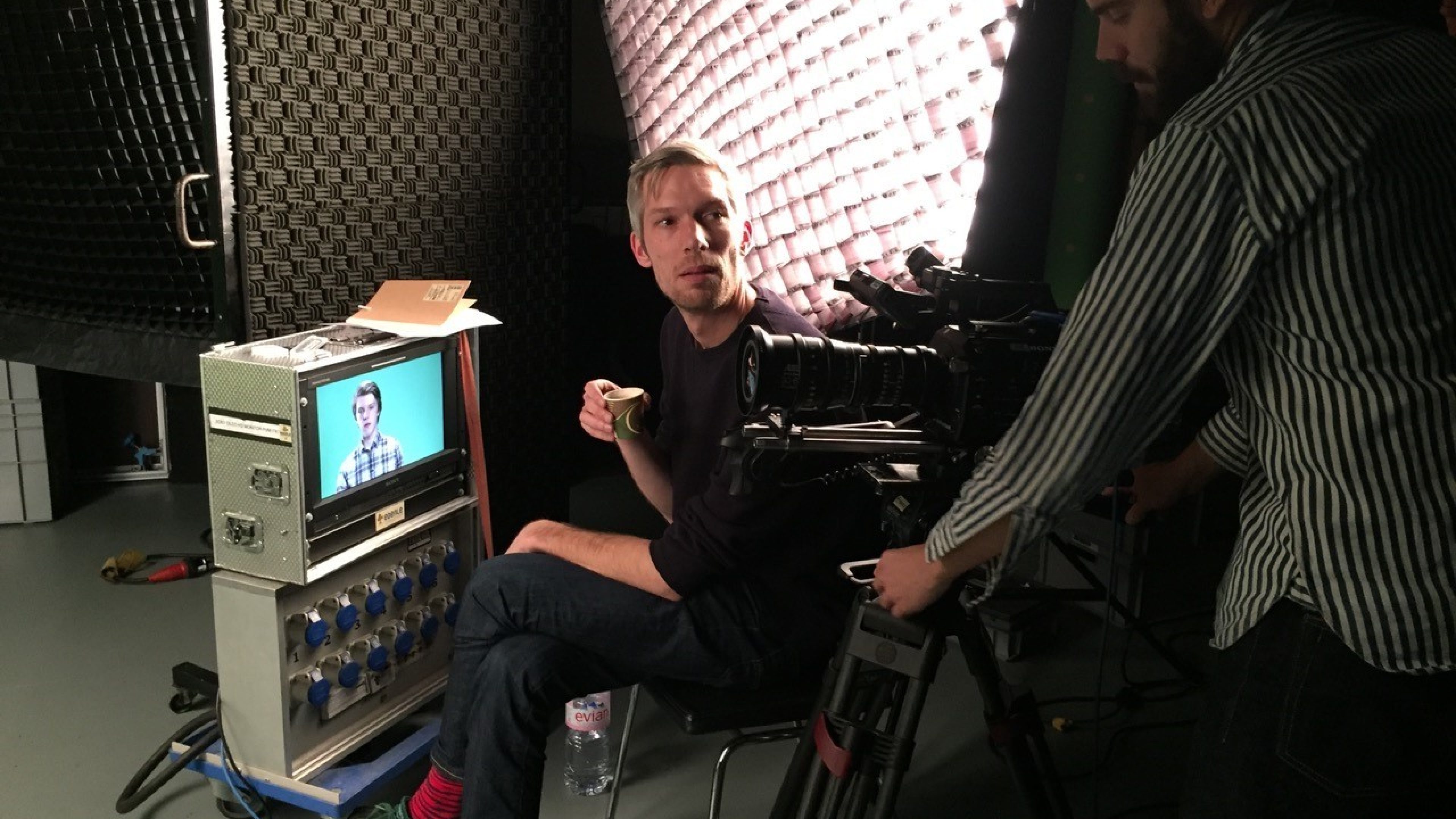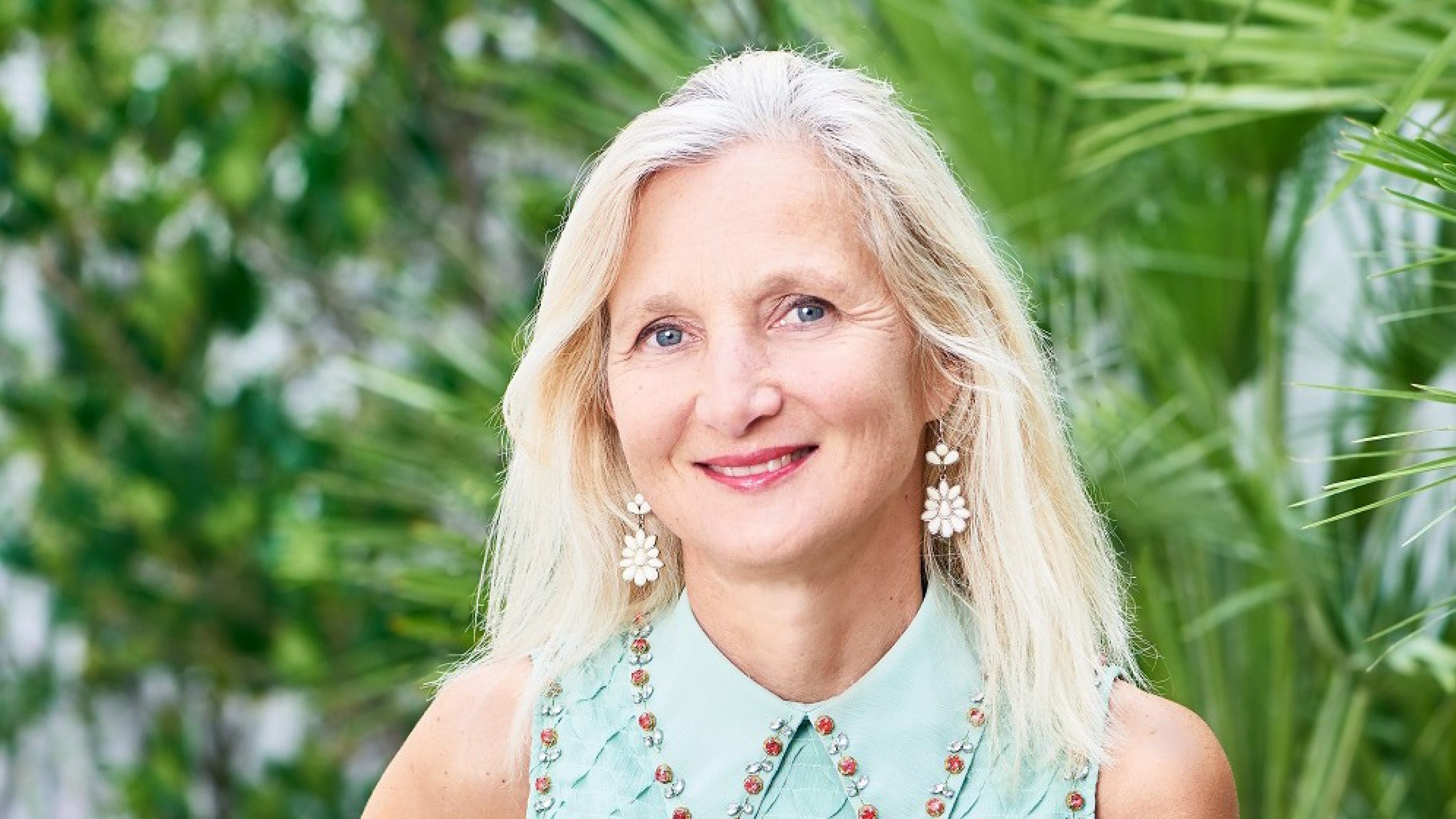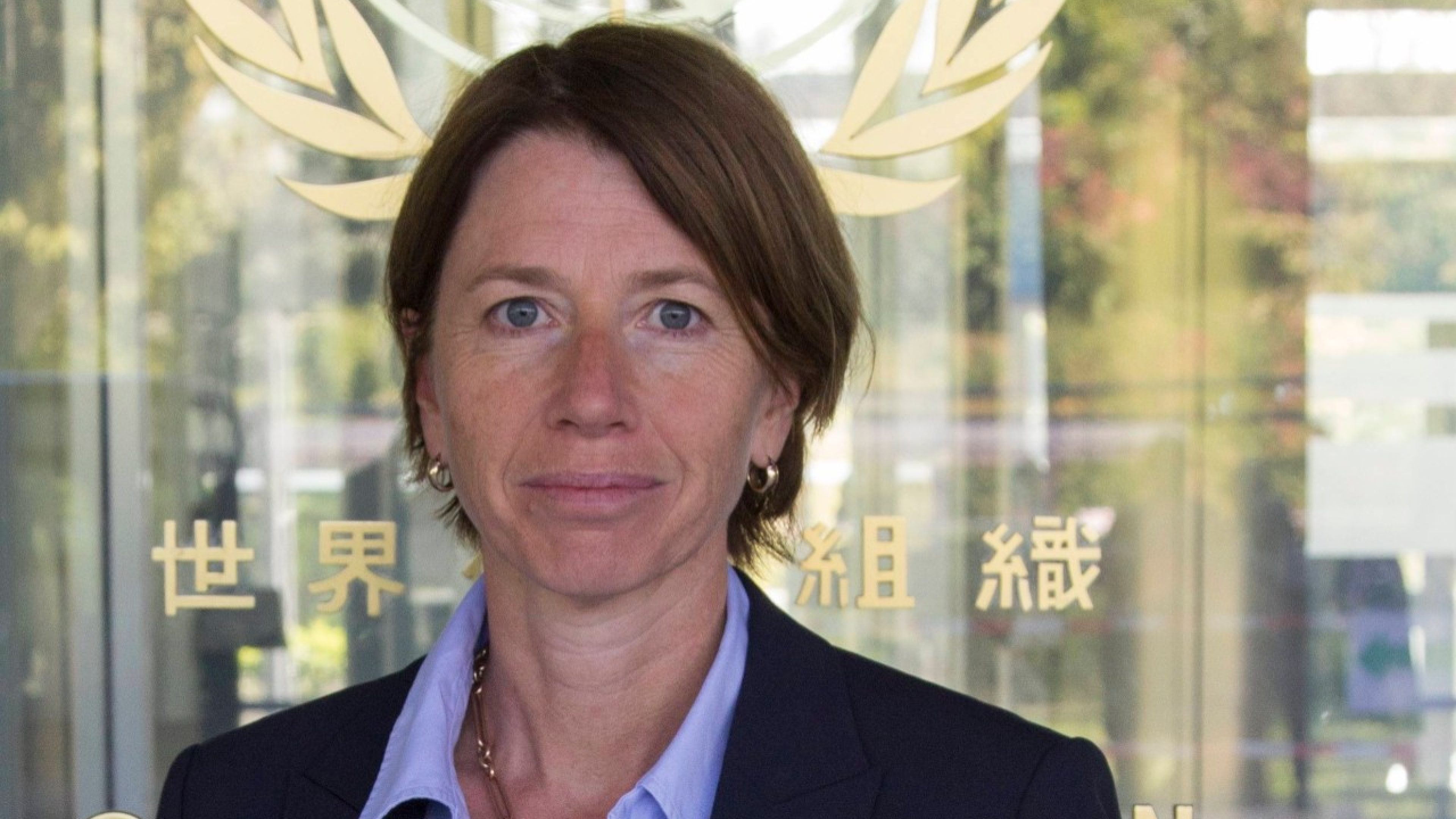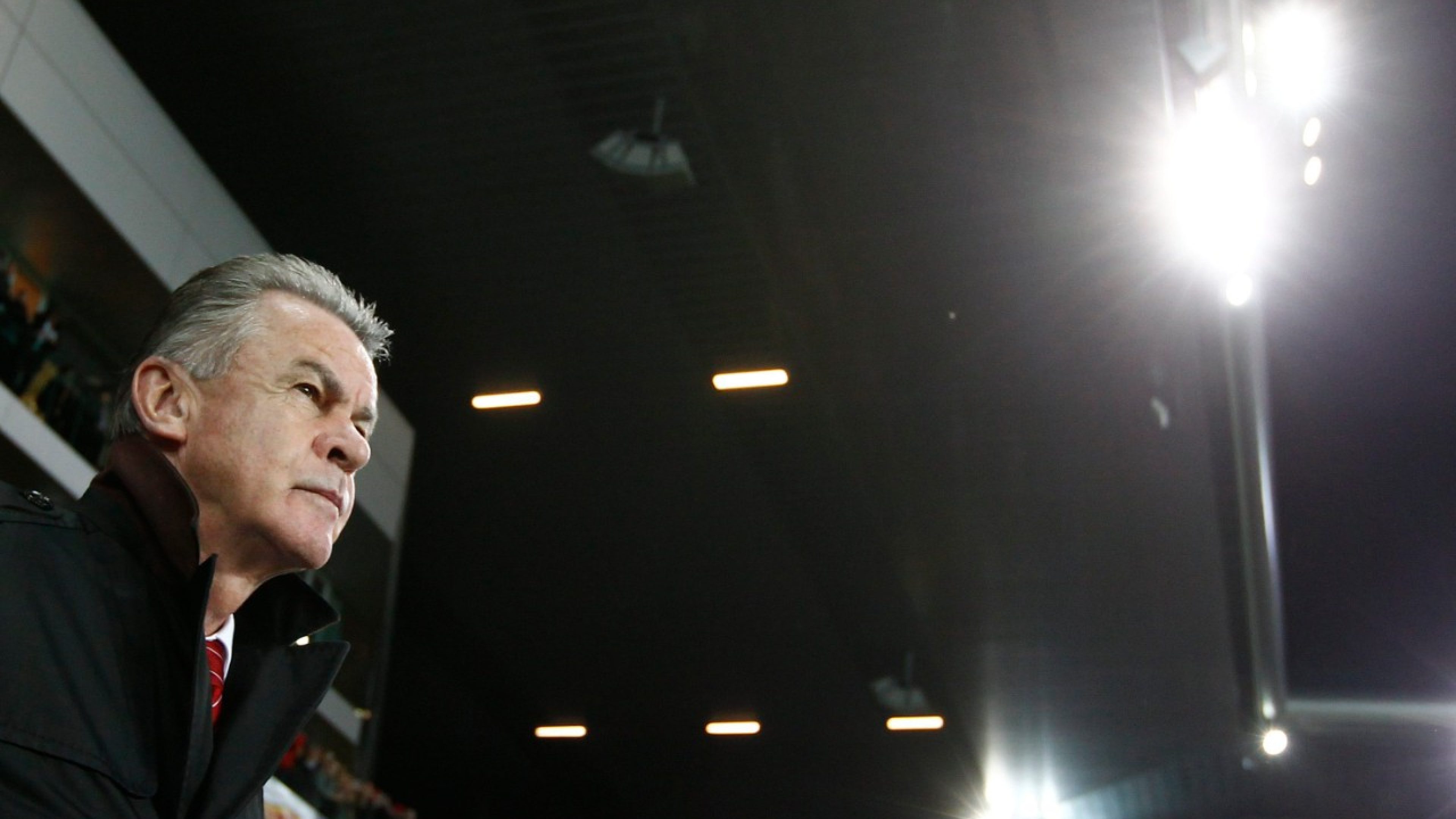What matters in life? Young Swiss director Elias Ressegatti asked people between the ages of 3 and 103 this question. His short film gives us their answers: from the materialist to the existentialist.
Elias, you're 35 years old. In this film you took on the issue of ageing, and the ideas and desires associated with it. Do you feel your age?
I've actually never felt my age. But doing this project showed me how universal some subjects are, no matter your age. When you're a kid you look at adults and think, someday I'll be grown up; and then boom! everything's different. Then you're an adult yourself, and a bit let down, because you notice you still feel the way you did before, except now you have a lot more rights and responsibilities. I don't think there are many moments when we are in balance and feel like we have grasped the truth of life.
So there's no point at which we feel our age?
I think instead we have to cast aside the pre-packaged notions of how we are going to be when we get older.
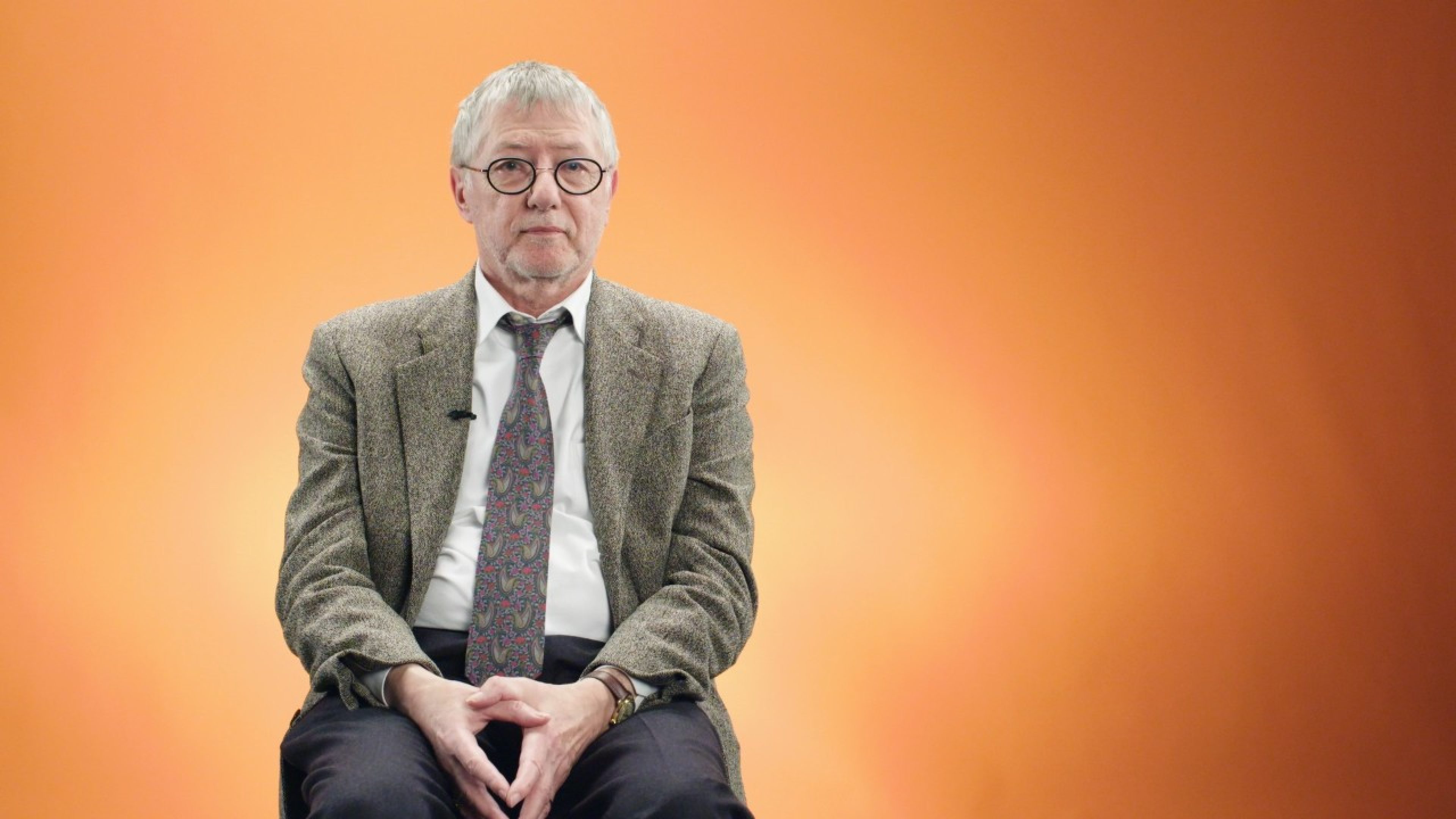
With Wolfgang, the whole team experienced a magic moment.
The youngest people in the film are children aged three and up. How was it working with them?
The first time I filmed with children, an experienced director advised me not to rehearse but just to keep filming, in order to get through everything as quickly as possible. So we sort of fooled around while the camera was running, until the kids forgot and stopped being afraid of it. Children get tired fast, and then they refuse to cooperate. And they quickly understand how much power they wield in the studio. They notice that when they act up, everything comes to a standstill – and they get chocolate.
How did you find people to take part?
We used something called a hunter, a guy who specialises in challenging casting calls. We shot in Zurich, but we needed more than just Swiss people: we needed Germans and French people as well, to cover around 100 years in age. We also had to have both sexes represented, and a balanced range of sociocultural backgrounds. Interestingly, the Swiss were unafraid to express themselves, despite the stereotype. When people saw we were taking them seriously, they were happy to talk about themselves. That seems to be a basic human need.
How do people react when they are asked to answer the Big Questions?
They typically feel overwhelmed at first, but then they often come out with very clear ideas or plans. The pre-interviews I did with them helped. We developed a connection. In the studio I did around twelve interviews of about three-quarters of an hour each every day – it was very wearing, not least emotionally. You have to be fresh for every interview. If one interview is difficult, it shouldn't affect the next one.
Your grandad Angelo was one of your interviewees. Was it planned from the outset that he would take part?
No. But it isn't easy to find older people who are able, or willing, to talk in front of a camera. My grandfather was always a great storyteller. He agreed and said he would come to Zurich immediately, since he has a rail pass. So he finally got to see what I do for a living. I showed my family the film at Christmas. My grandfather felt he had made a very good showing. That's what is important to me in my work – I don't want to offend anyone.
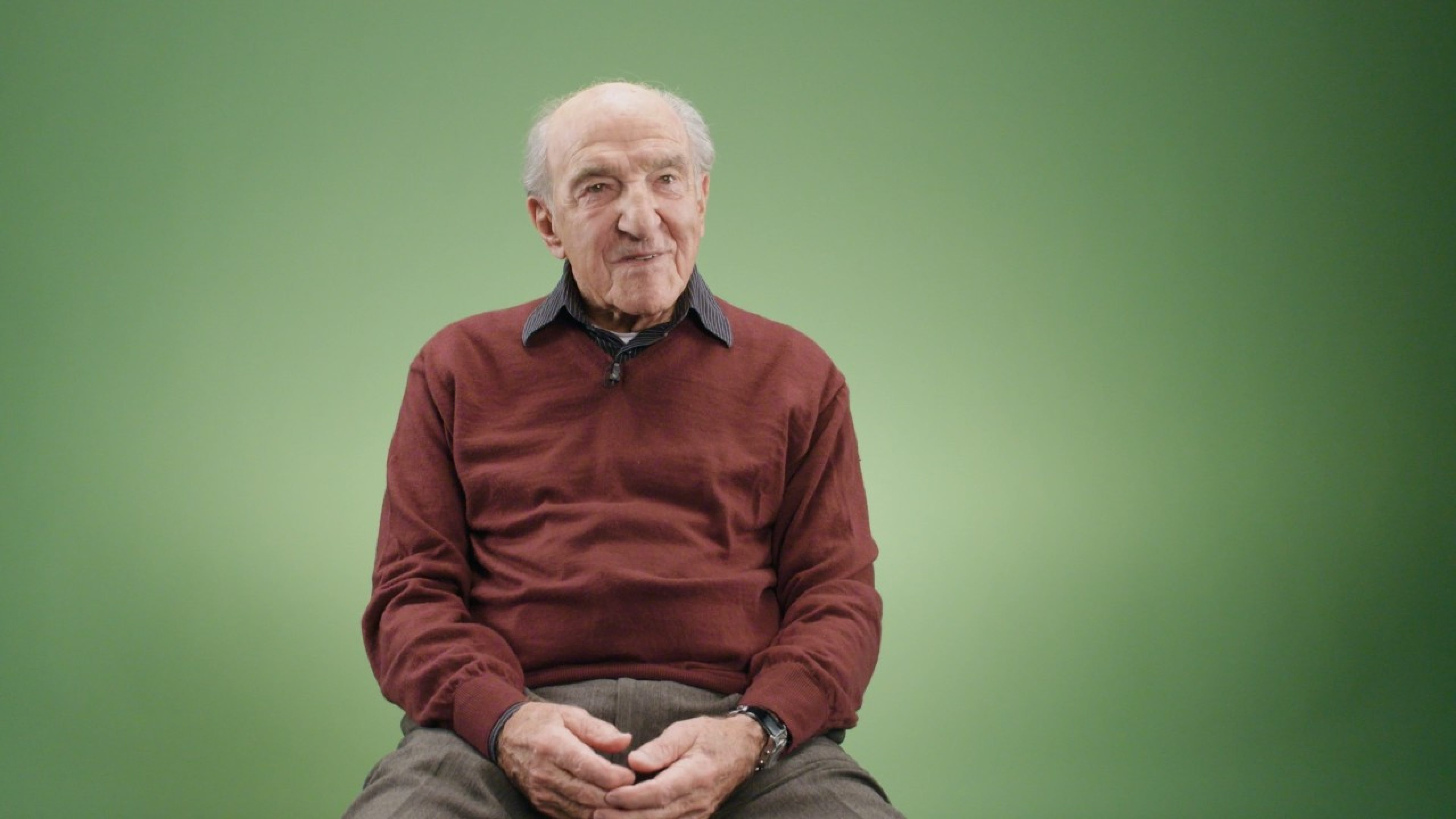
Angelo, the granddad of Elias Ressegatti, was always a great storyteller.
Which interviewees made a particularly strong impression on you?
Clara, the 90 year old, for example. When you first see her you think, wallflower. But when you experience the charm she radiates, with just one glance – it melts my heart. Fritz and Marion's story was very touching as well. They really have been through a lot. But now they've found the right path, together. And the conversation with Wolfgang, a magical moment. After that interview the whole team was quiet. We all knew we had experienced something very special.
What other effect did working on the film have on you?
It's election season in America at the moment, and what's happening there – the way people are being manipulated and standing for it – could make you pretty cynical. This project reminded me how versatile, multi-layered and complex every human life is. My love for my fellow humans has grown stronger.
You live in New York. Self-determined life is a big deal in the US. Would an American have answered your questions in the studio differently than a European?
The first 20 minutes for sure. The basic vibe would be more positive. They would talk about how you have to pursue your own course, take your life in your own hands. But I think the ideas we address in the film are universal. If you talk with people long enough, you get to a more nuanced level, even in the US.
"This project reminded me how versatile, multi-layered and complex every human life is."
Is there a clearly recognisable age difference for you between the desire for acquisition and the desire for actualisation, and just being happy with oneself and what one has?
Until the age of about 14 your dreams are all about being a football star or an actor. At 15 reality sets in – looking for an apprenticeship, deciding on something, not getting what you had set your heart on, regrouping. People who go to grammar school might be idealistic, aim to save the world or just earn huge amounts of money. Then there's the career track at age 20, then in the mid-30s it's family and work-life balance. From the age of 40 there's more space for idealism, when you have found your place in society. You think about what matters: family, love, health, the state of the world. Then later there's the desire to really become who you are. From your early seventies on you think about death, health and mobility. My grandfather was still driving at 89. When he saw the risk he was taking he gave up his licence and bought a rail pass. For most people, the self-determination that comes from being able to stay in their own home is of paramount importance.
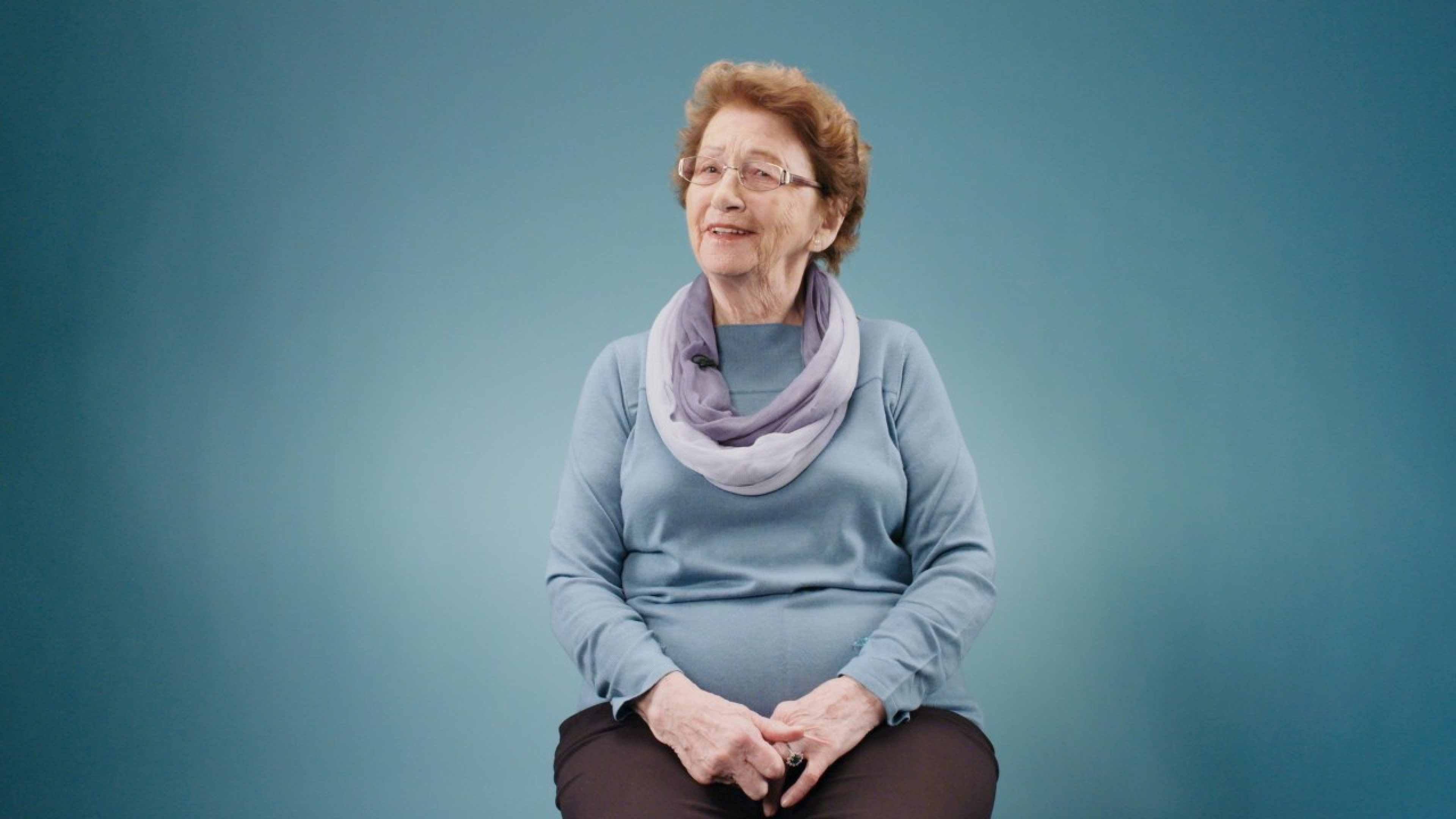
The 90 year old Clara made a strong impression on Elias Ressegatti.
Elias, let's go back to the beginning, to the film studio. You interview yourself. How would you answer the questions, as a 35 year old?
(laughs) I would be a lousy interviewee on this topic. We intentionally sought out people with plans, people who had elaborated real designs for their lives and had pursued them. I never planned or intended to be doing this at 20, or that at 30. The older I get the less I think I should.
But we all have things we wish for, even if we don't make plans.
Of course. My desires have to do with my current lot in life. I don't want to live in New York anymore. We're moving soon. The city isn't good for me, and it took me a long time to admit it. But now the thought is liberating. I want to live near the sea. Otherwise my desires are pretty universal: I want to be good at what I do; I want to be recognised by my peers, I want a certain financial stability. And I want to grow old with my wife.
Interview: Ruth Hafen
What matters in life
A 3-minute film where people, from a three-year-old toddler to a 103-year-old senior citizen, provide a touching account of what they think matters in life. What does self-determination mean to them? What do they wish for now and in the future? The Swiss Life Group shows through this film how everyone has their own ideas of what a longer self-determined life means.
Biography
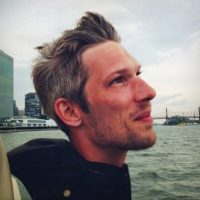
Elias Ressegatti
Elias Ressegatti, 35, learned his trade from the bottom up, from production assistant to director. His very first work as a director, a spot for the Locarno film festival, took gold at the Swiss Commercial Awards in 2008. His "Boxer" advert, for Swiss Life, also won first prize in 2010 at the WorldMediaFestival in Hamburg; further awards followed, both in Europe and the US. His work frequently displays a delicate sense of humour. Elias lives with his wife in New York, where he dreams of a house by the sea.
